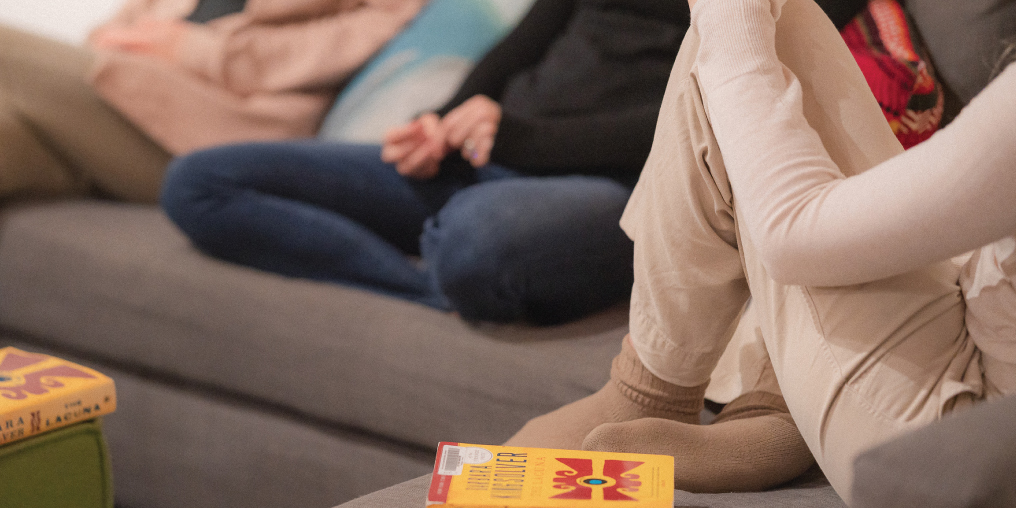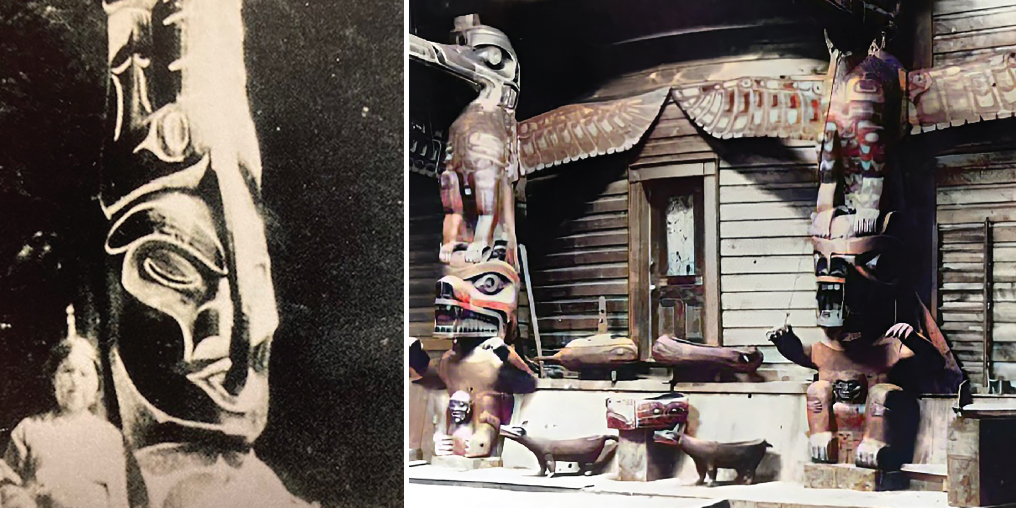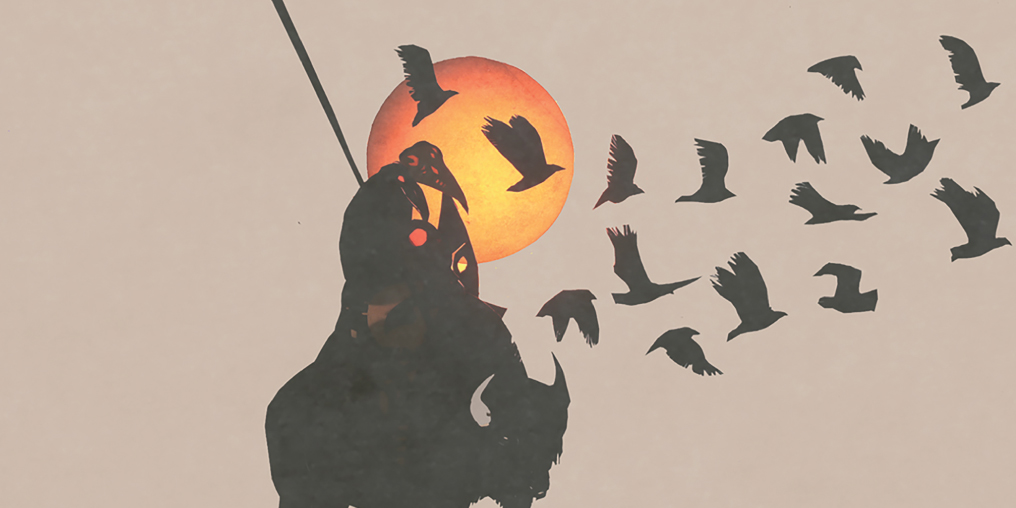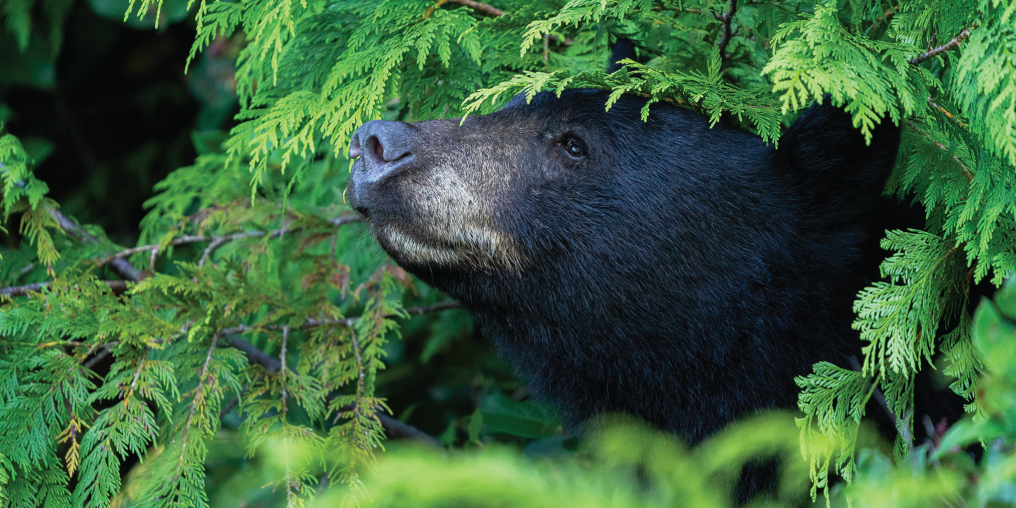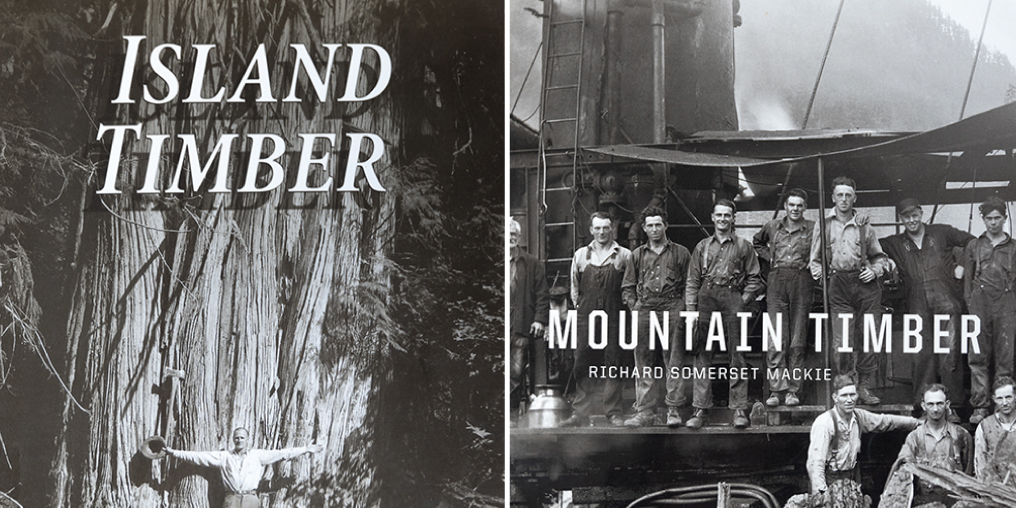A group of women were gathered around a propane fire pit on Kye Bay in the fall of 2022. The sun was setting; they were drinking wine and hibiscus tea out of chipped enamel cups, and a few books lay strewn in the sand. Only a year prior, they had been strangers—mostly newcomers to the Comox Valley—but this September evening they gathered like old friends, sharing stories about summer trips and the novels that accompanied their travels. I felt lucky to be part of the group.
My family and I had moved to Vancouver Island a year earlier to be closer to my parents and answer the beckoning call of the West Coast: the sky-high Douglas firs and misty mountain backdrop would never get old. But the move left a part of me feeling uprooted and lost. I often caught myself making the analogy of being an amoeba in those days, untethered and floating aimlessly. I was excited for the life I would eventually have here, but missed the city I’d left behind. To make a little bit of home for myself, I thought, maybe I should start a book club.
One morning, while waiting awkwardly in a group of parents at École Puntledge Park’s new-student orientation, I met a woman who had recently arrived with her family from Kingston, Ontario. Before long, we were going for evening walks. We discovered our mutual love of reading and put out some feelers—and within a few weeks our book club, Bibliotherapy, was born. (A close friend in Calgary, who always has the best book recommendations, had been my bibliotherapist for years, hence the name.) As it turned out, we knew a lot of avid readers who also wanted to meet new people. The idea was to convene at different locations every month to explore our new surroundings while discussing topics inspired by the books we read.
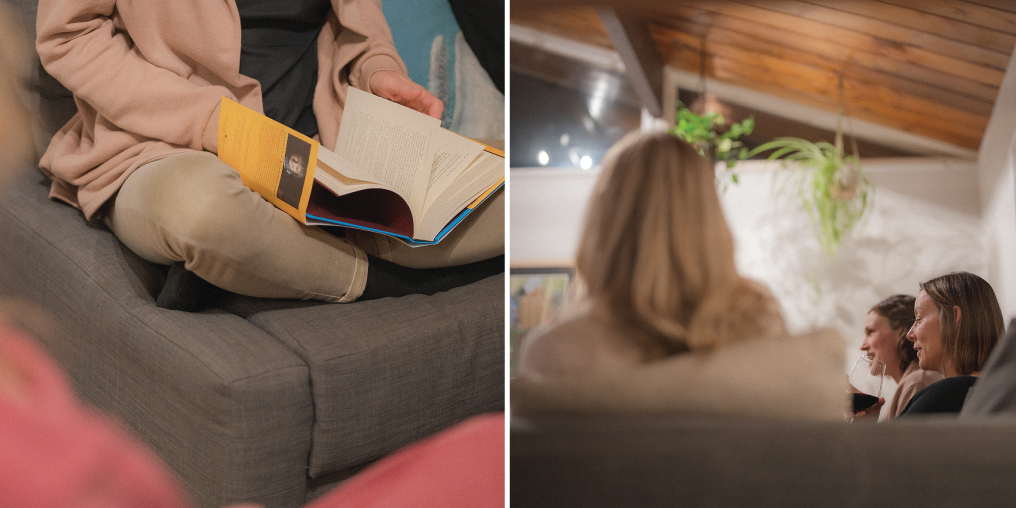
During the years of the French Enlightenment, not long after centuries of the illiteracy and censorship of the Middle Ages, women and men would meet in salons to discuss the latest philosophies on politics, religion, and humanism. Women would not have direct political power until many decades later, but within these eighteenth-century salons, they wielded influence by setting topics for discussion. Criticism about the monarchy and other oppressive structures made way for increased equality for women and other disenfranchised people.
Salons enabled participants to examine their own privilege, such as the privilege of literacy, and use that to change society. And, even though the Comox Valley could hardly be further from the decadent brocade wallpaper of a French salon, perhaps a book club is its modern counterpart—and still very much needed.
Take book selection, for example. I never would have picked some of our club selections of my own accord, but I’m often grateful for the lessons I glean from them. The group does a good job holding each other accountable, as we strive to learn and grow. At the same time, we are respectful of diverse opinions.
The books we read frequently become catalysts for discussing hard topics. At first, Trevor Noah’s book, Born a Crime, didn’t appeal to me because I had misgivings about what an American talk show host would offer. Boy, did I get schooled! Little did I know about the harsh realities of the multi-layered racial division in South Africa, and the many roadblocks Noah overcame to become the international icon he is. Unexpectedly, his book motivated us to reflect on the demographic makeup of our own community. Some of our members, parents of biracial kids, pointed out how important it is to be cognizant of racial inequalities in our small, not very diverse community—and how crucial it is to raise awareness and demand change to discrimination.
Jeanine Cummins’ controversial novel American Dirt led to lively discussion. The setting for this meeting was local artist Shelley Vanderbyl’s beautiful studio off Anderton Road. Shelley’s atelier overlooks a forested backyard complete with a chicken coop and droll laying hens (sigh).
The book centres around South American migrants forced to flee their home countries due to violence, drug cartels, and economic hardship. The novel led to important discussion about the danger of approaching topics from a place of privilege. Who are we to comment on the story of Lydia, a Mexican migrant, without looking at ourselves, and our lifestyles, and asking whether we are in some way complicit in this complex issue?
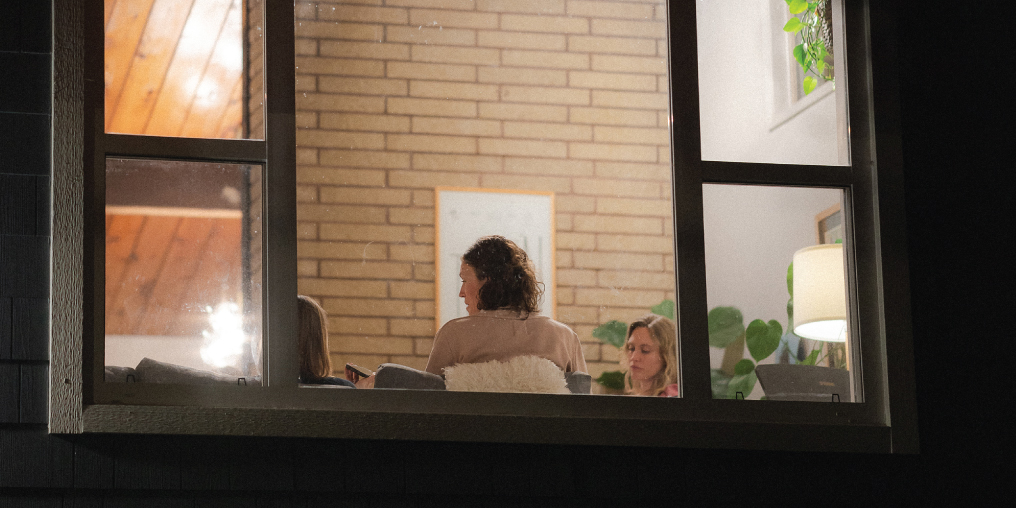
Barbara Kingsolver’s book, Demon Copperhead, which won the Pulitzer Prize for fiction in 2023, led to a deeper understanding of addiction and the humanity around it. It is hard to miss that addictions are sadly also a stark reality right here in our community. And while many of us may instinctively look away, her character Demon showed us that perhaps we need to, in fact, look more closely at ourselves, our governments, and the causes of addiction. Demon begs us to do better.
You might be thinking, “Wow, that sounds really heavy for a Saturday night.” But in reality, these are evenings I really look forward to. Like any other book club, someone didn’t finish the book, someone drinks one too many glasses of wine, and sometimes someone stays late to sing one last Cher song at the pub’s karaoke night. (In addition to many lovely living rooms, we’ve enjoyed meeting at local haunts like Atlas Café, Gladstone Brewing Co., and the Griffin Pub)
We’re now into our third year of Bibliotherapy, with many more locations to explore and conversations to have. I’m looking forward to cold afternoons, wool sweaters, and the unmatched feeling of the weight of a book in my hands this winter season. Perhaps our next book will have an ecological focus that will encourage us to reflect on ourselves as part of a greater ecosystem (will Robin Wall Kimmerer finally teach us how to braid sweetgrass?).
Whatever the book will be, I am comforted knowing a new lesson is just around the corner, and new friends will be reading it with me.

